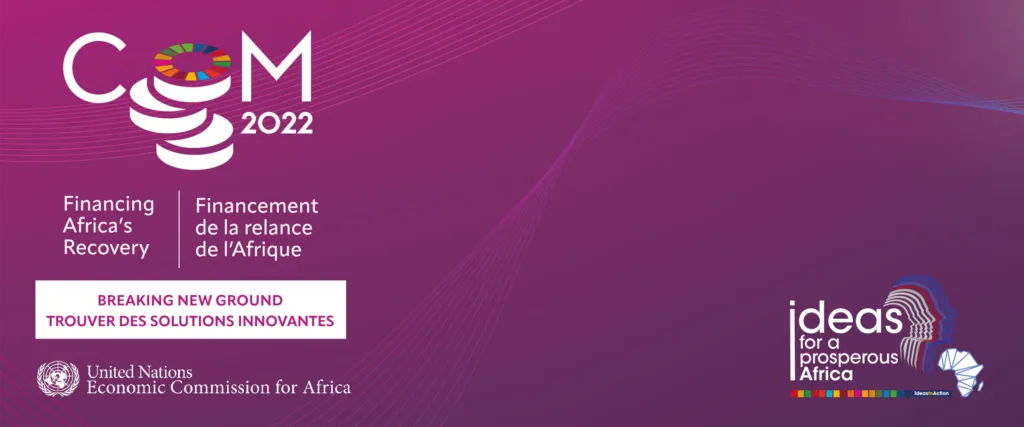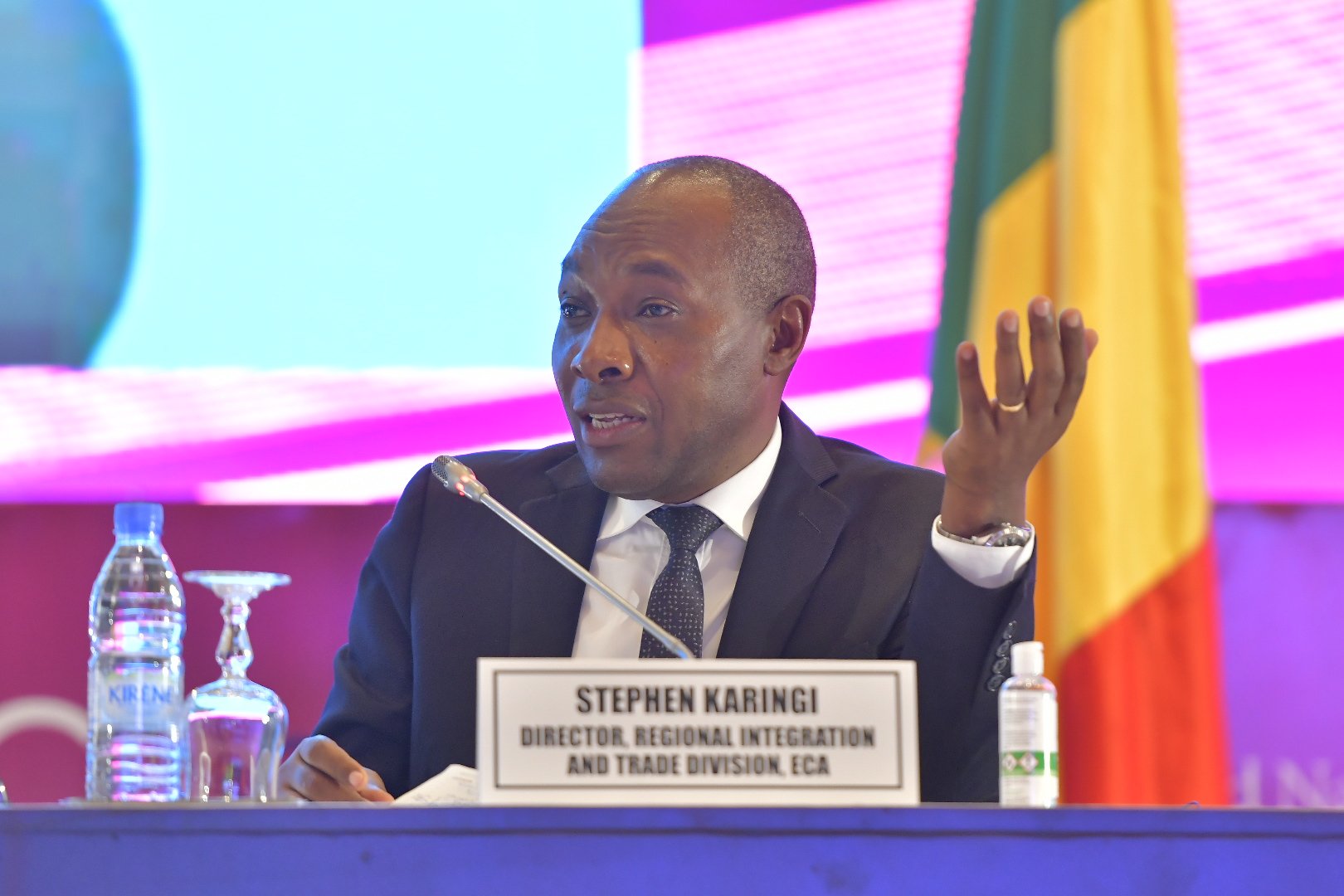Africa’s trade with the rest of the world far outweighs the level of trade between African countries, reducing the continent’s ability to deal with external shocks, said Stephen Karingi, Director of Regional Integration and Trade Division at the United Nations Economic Commission for Africa (ECA).
A UNCEA report found that all regional economic communities in Africa, except the East African Community (EAC) and the Intergovernmental Authority on Development (IGAD), are importing more from the European Union than from within their own respective communities.
“The most shocking thing is that only 11% of Africa’s agricultural produce is traded inside the continent,” said Karingi, reinforcing the need for the continent to shorten supply chains as agricultural commodities face supply constraints due to Russia’s invasion of Ukraine.
The African Continental Free Trade Area (AfCFTA) presents an enormous opportunity for Africa to boost intra-African trade, eliminating 90% of tariffs on goods and creating a single market of more than one billion consumers with a total GDP of more than $3trn.
However, even though the AfCFTA was signed in 2018 there is still “a long way to go” to implement the free trade deal across African Union member states, Karingi said.
There is currently a huge divergence between the level of intra-African trade among regions.
The East African Community (EAC) and the Economic Community of West African States (ECOWAS) show higher levels of intra-regional trade compared to the South African Development Community (SADC) and the Economic and Monetary Community of Central Africa (CEDAO), for example.
One key area which has enormous unrealised potential is the services sector.
The sector has contributed to the continent’s growth and overall development but it accounts for only 2% of global services exports.
All regional economic communities have some form of services trade agreement, though they vary in breadth and depth.
In 2012, SADC adopted a protocol on trade services and the EAC adopted a common market protocol in 2010 that focuses on the free movement of goods, labour, services and capital.
To make the AfCFTA work, the ECA recommends that policymakers invest in critical infrastructure and energy projects while also focusing on social integration and governance, peace and security.
Karingi finished by saying: “We hope that by the end of the conference, those countries that have not ratified the AfCFTA and those that have not yet developed implementation strategies will ratify and start implementing”.

Want to continue reading? Subscribe today.
You've read all your free articles for this month! Subscribe now to enjoy full access to our content.
Digital Monthly
£8.00 / month
Receive full unlimited access to our articles, opinions, podcasts and more.
Digital Yearly
£70.00 / year
Our best value offer - save £26 and gain access to all of our digital content for an entire year!
 Sign in with Google
Sign in with Google 



